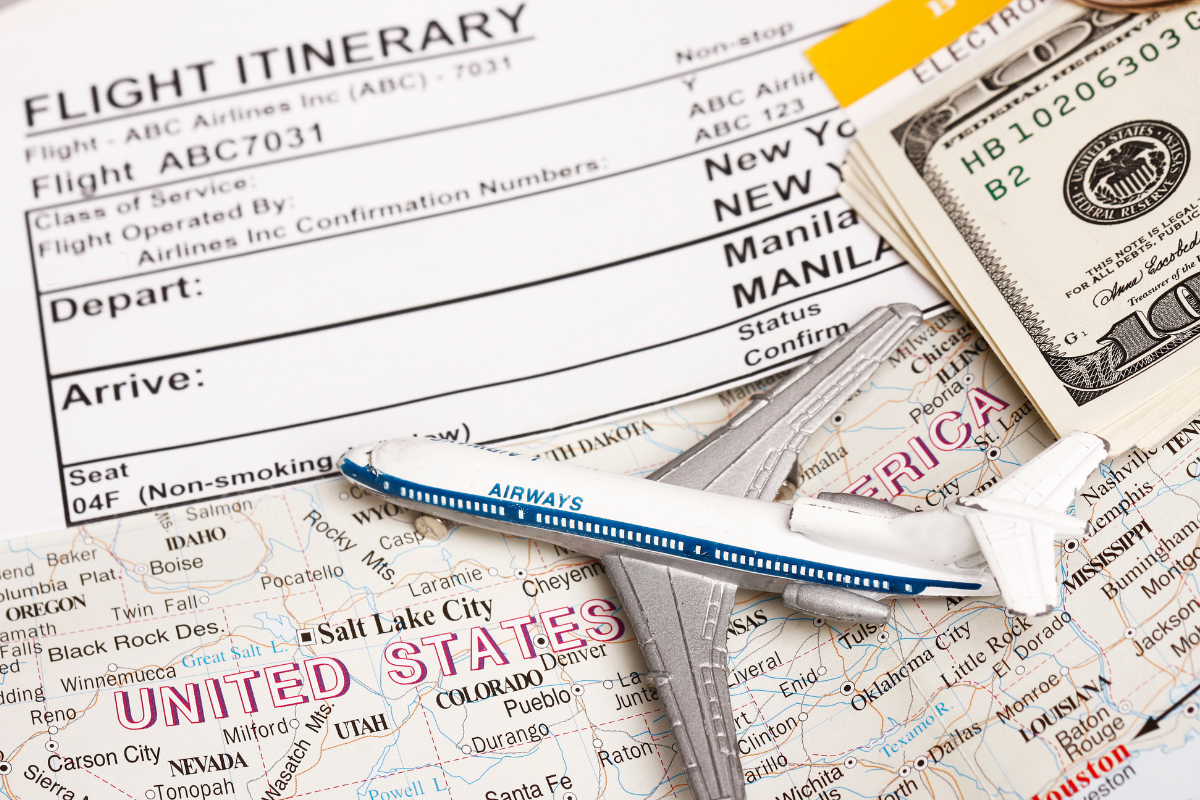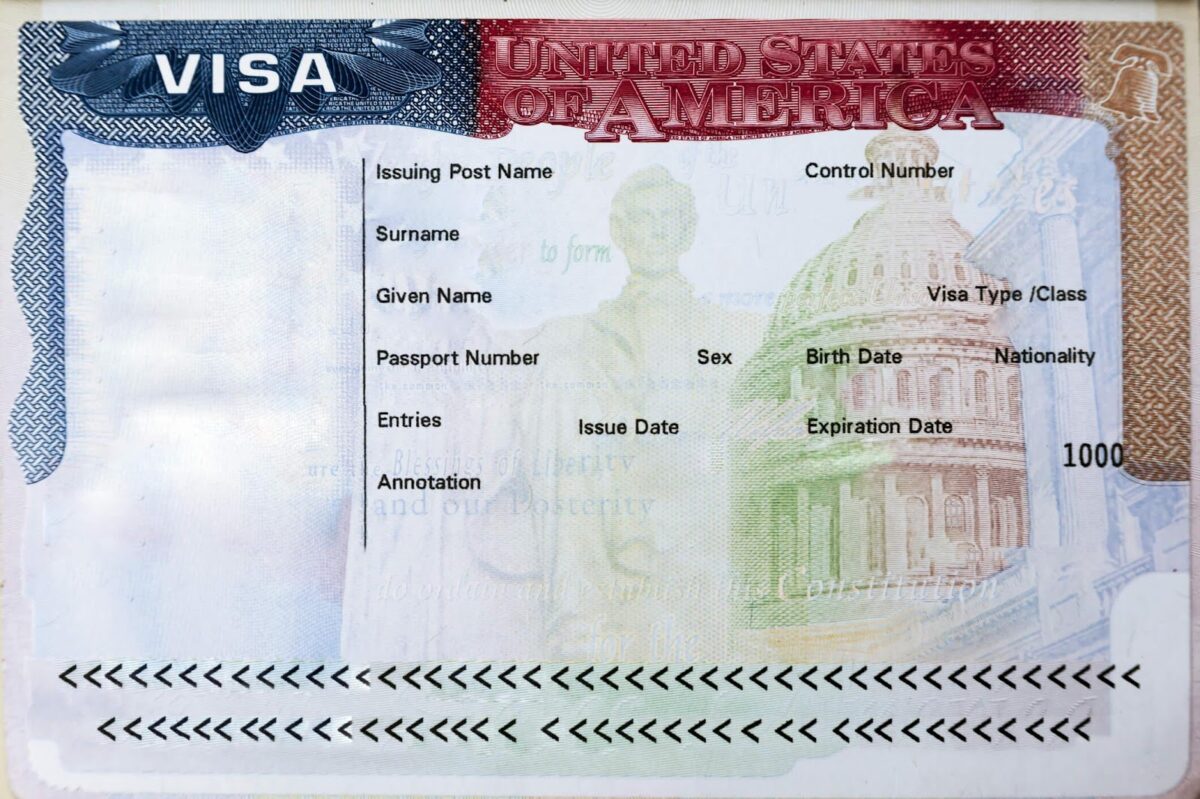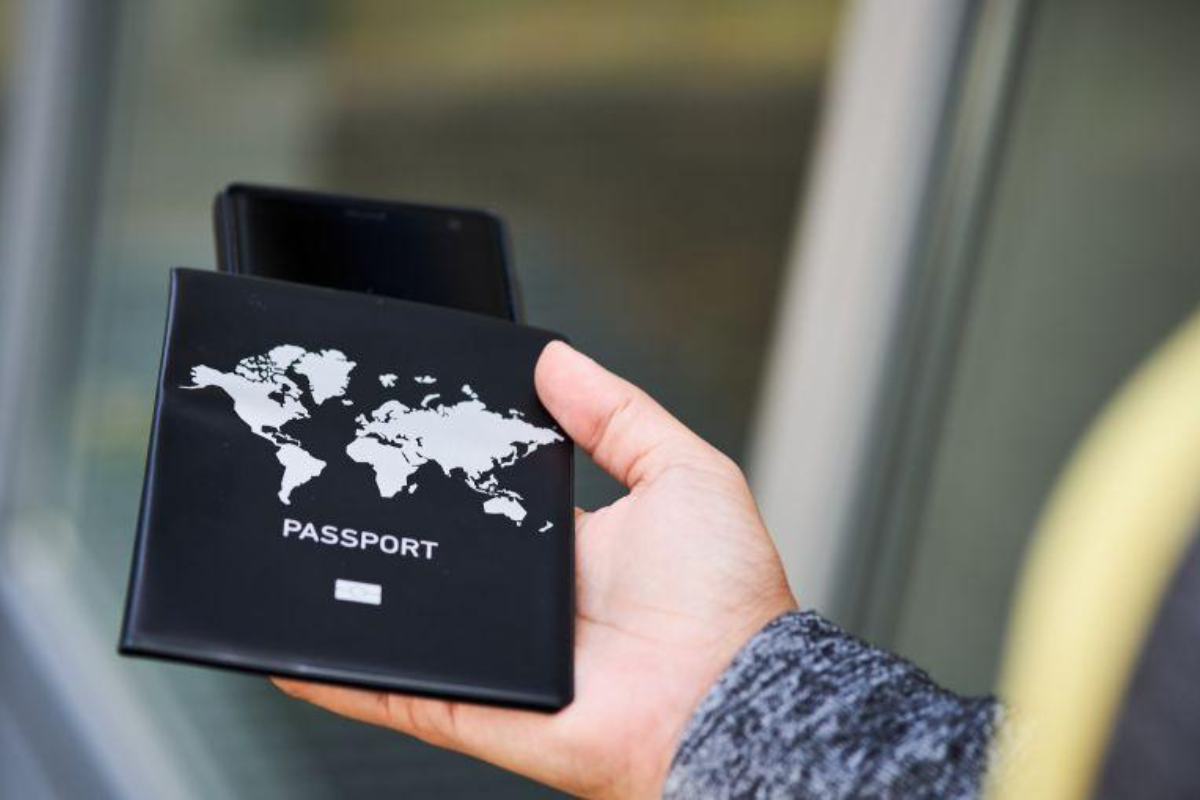American visa laws state that German nationals who enter the country for tourism or business and plan to remain no more than ninety days do not need a visa.
Having an electronic entry permit (ESTA) is sufficient. Visa applications are required for stays longer than ninety days. After then, holders of valid visas will no longer be eligible for electronic travel permission.
Visas are often needed for business travelers who want to stay in the USA for more than ninety days and work there for pay or unpaid.
A US consulate or embassy issues the visa. In a strict sense, the visa is a permission to apply for admission. Entry is not assured by it.
The immigration officer determines whether the visa holder is permitted entry into the United States and issues the residence permit (I-94) upon entry.
The most common ways for German business travelers to enter the US are through the Visa Waiver Program and the B-1 visa. More information can be found with TN visa lawyer.
Post Contents
- 1 B-1 Temporary Visitor For Business Visa
- 2 Permitted Activities Examples With The Visa Waiver Program And B-1 Visa
- 3 Significant Use Cases: Assembly And Service Work
- 4 Important Tip For Practice
- 5 Trade and investment visas E-1/E-2 (Trade Trader and Treaty Investor Visa)
- 6 L-1 Visa For Intracompany Transfers
- 7 J-1 Visa ForInternships
B-1 Temporary Visitor For Business Visa
Extensions of business travel may be covered under the previously specified B1 visa.
In contrast to the visa waiver program, getting a visa necessitates going in person to the US embassy or the appropriate general consulate.
The B-1 visa’s key characteristics are as follows:
- For business trips lasting more than three months, but no more than six months.
- The applicant must give a reliable guarantee that he or she intends to return to Germany.
- Similar to the Visa Waiver Program, no paid work may be done for an American-based firm.
Travelling to the United States for business and pleasure is frequently mixed, which is why a combined B-1/B-2 visa is granted.
Permitted Activities Examples With The Visa Waiver Program And B-1 Visa
- Contract negotiations
- Litigation
- Consulting with business partners
- Participation in business meetings/trade fairs
- Looking for new office space in the USA
- Independent research
- Participation in board meetings in the USA

Significant Use Cases: Assembly And Service Work
- US staff training.
- Putting together, running, and maintaining industrial or mechanical equipment that was not purchased in the United States.
When travelling to the US on a B-1 or visa-waiver, employees should follow their German employer’s instructions exclusively and never accept remuneration from US sources.
Case Example:
A German business established a subsidiary in the United States. After being purchased in Germany, systems and equipment were installed in the USA.
This suggests that since a German employee is in charge of the assembly at the industrial facility, the employee is eligible to enter the nation under the visa waiver program and take over the assembly.
The only party that may pay the fitter should be his German employer; the American corporation cannot pay him directly since it would be money coming from US sources.
Important Tip For Practice
German business travelers should always have an English cover letter from their own organization with them to avoid any needless hassles during immigration authorities’ inspections.
This should include the reason for the travel, the anticipated duration of stay, and the information that the employee will not be paid from U.S. sources.
If you are entering the nation to do servicing, assembly, or repair work, you should, if at all feasible, provide documentation proving this.
This might be the invitation letter from the American client or the machine/system purchase contract, for instance.

Trade and investment visas E-1/E-2 (Trade Trader and Treaty Investor Visa)
Traders and investors who want to make sizable investments in the USA may apply for the E-1/E-2 visa.
- The visa has a five-year expiration date and may be renewed several times for an additional five years under the same conditions.
- The E-1 visa provides a work authorization for significant trading (> 200,000 USD) to traders and investors who wish to conduct a certain level of activity in the USA.
- It must be demonstrated that there is regular, significant commerce in products, services, or both between the contracting states (at least 50%).
- The E-2 visa, like the E-1 visa, is meant for investors who want to invest a substantial amount of money (more than $100,000) in a legitimate US company.
- There are several regulations that must be followed and met.
- The visa holder has to be employed in a managerial capacity or a position requiring specialized expertise.
- A green card may also be obtained by converting the visa.
L-1 Visa For Intracompany Transfers
It is possible to take into account the L-1 visa for hiring posts.

- Workers who are transferred by their employer to a US subsidiary (with at least 50% ownership identity) are required to apply for this visa.
- The requirement is that the worker must have worked for the sending firm for three years and at least one of those years in a managerial capacity.
- In the USA, an executive or senior management post is available. Or: The worker have more specialized expertise.
- The visa can be renewed twice for an additional two years beyond its initial three-year term. However, the special forces visa is only good for one extension.
- After receiving a visa, you can still apply for a green card.
- Vital for family members: Spouses and children under 21 years old are the only ones eligible to apply for an L-2 visa, which allows them to accompany their family member for the duration of their visit.
J-1 Visa ForInternships
An internship in the United States often requires a so-called J-1 exchange visa. A J-1 internship visa is available to students, recent graduates, and young professionals.
The German-American Chamber of Commerce in New York (GACC), an official sponsor of J-1 visas, offers assistance throughout the application process.
One may only apply for a J-1 Exchange Visitor Visa at the US Consulate by presenting a DS-2019 as proof of eligibility for an internship in the United States.
The German American Chamber of Commerce (GACC) New York, a nonprofit organization, has officially been granted authorization/permission by DOS (the US Department of State) to grant DS-2019 visas certifications.
By supplying the DS-2019 visa certificate, the GACC acts as the participants’ patron for the whole period of their stay in the US.
To be eligible for the GACC J-1 visa program and to get the DS-2019 certificate, additional DOS requirements and internal implementing regulations must be fulfilled.
The Foreign Chamber of Commerce GACC homepage has further information.
The J-1 exchange visa is not a work permit and is not meant for long-term residence in the United States.
The J-1 visa is only permitted for true professional training and post-secondary education, and it is only valid for short stays (up to 12 or 18 months).






























